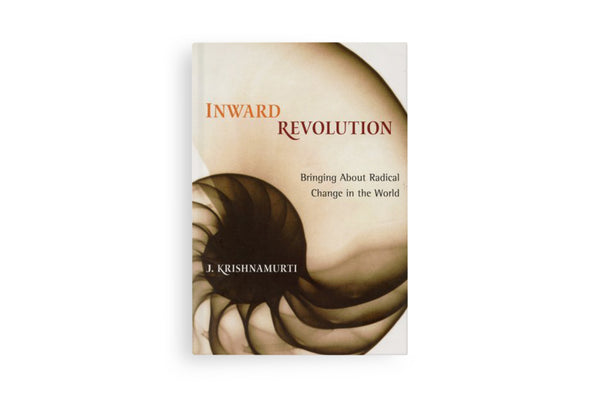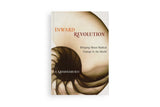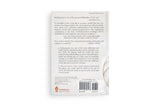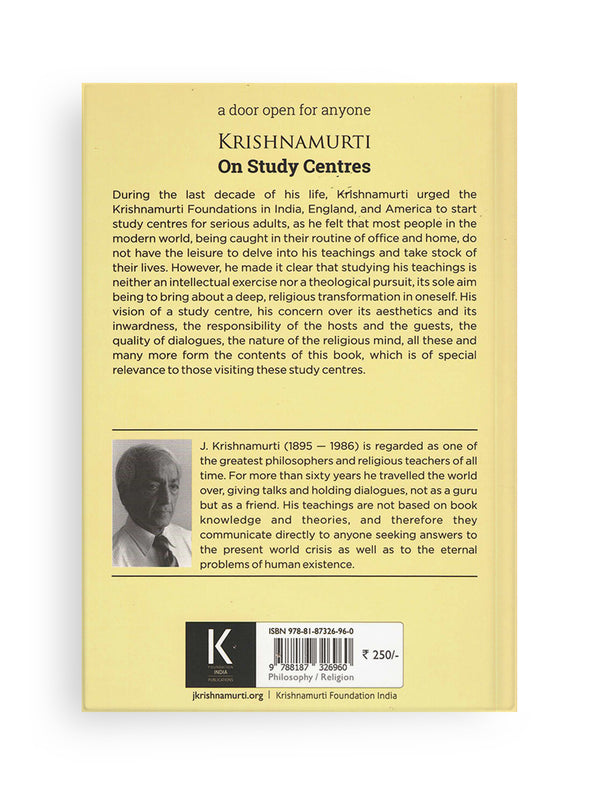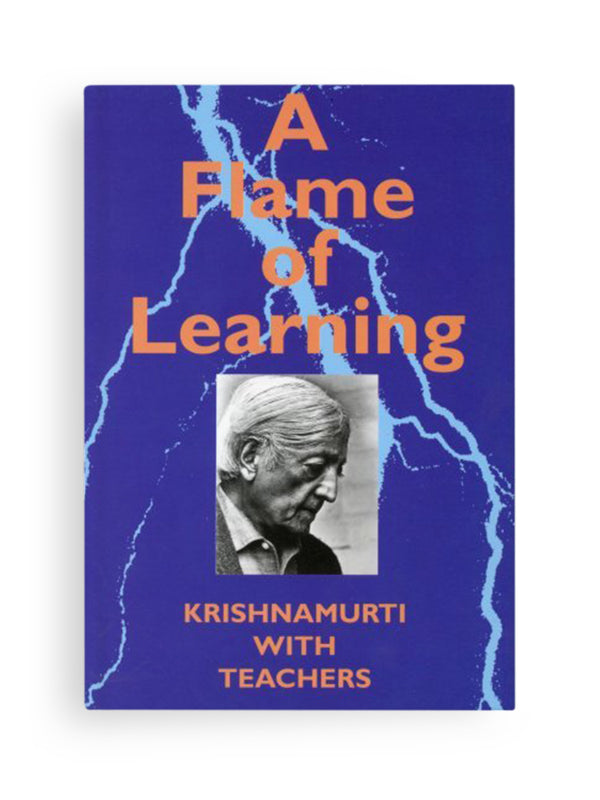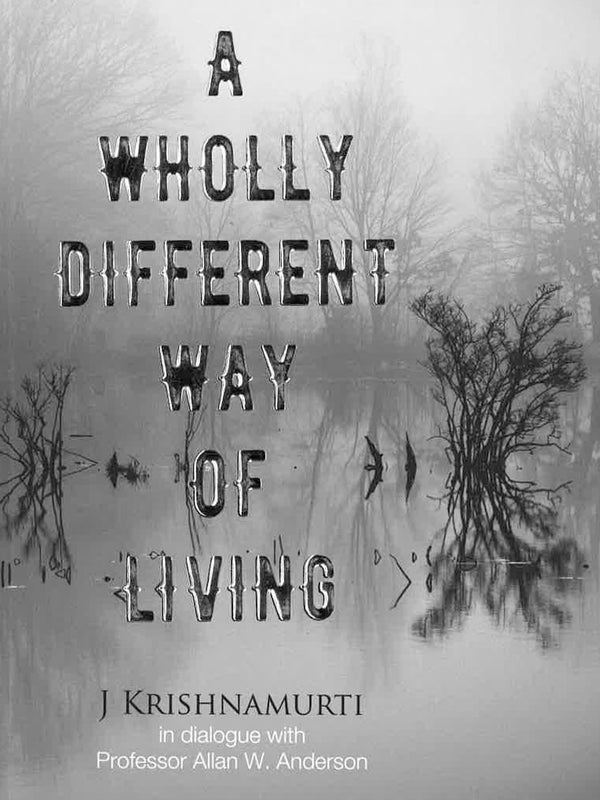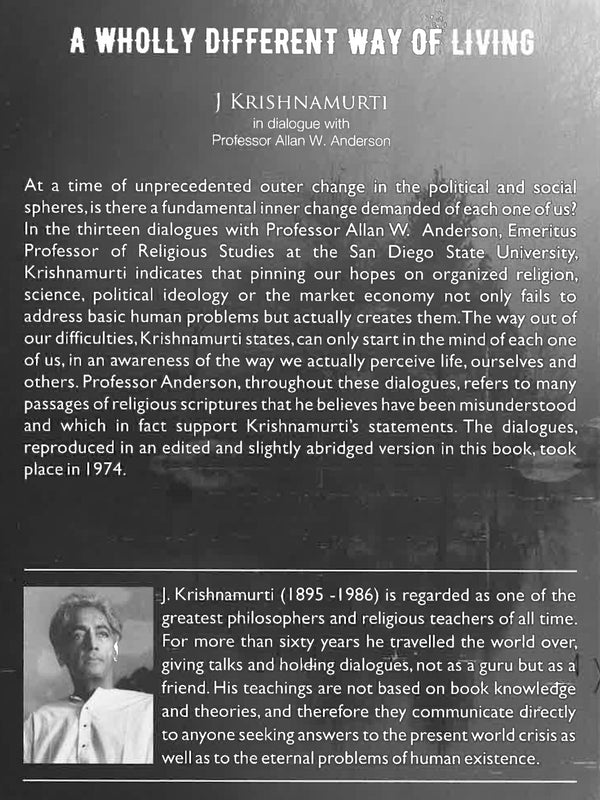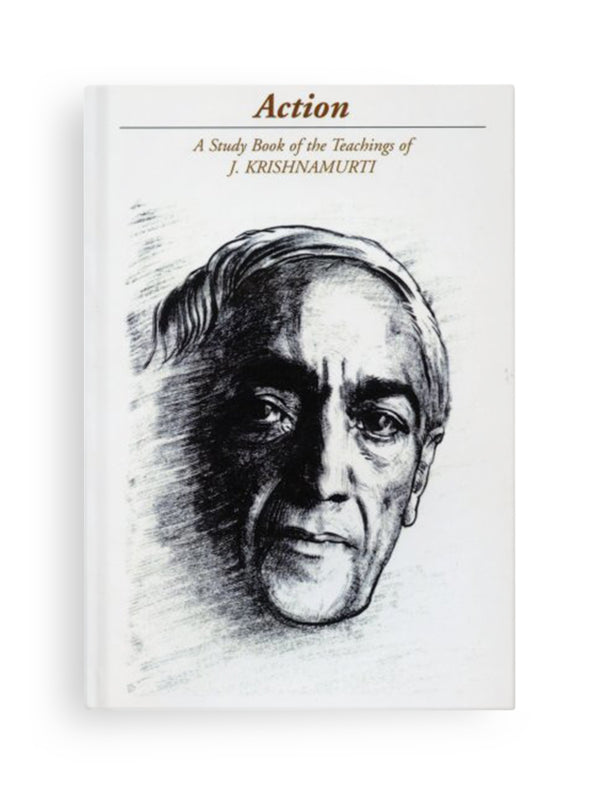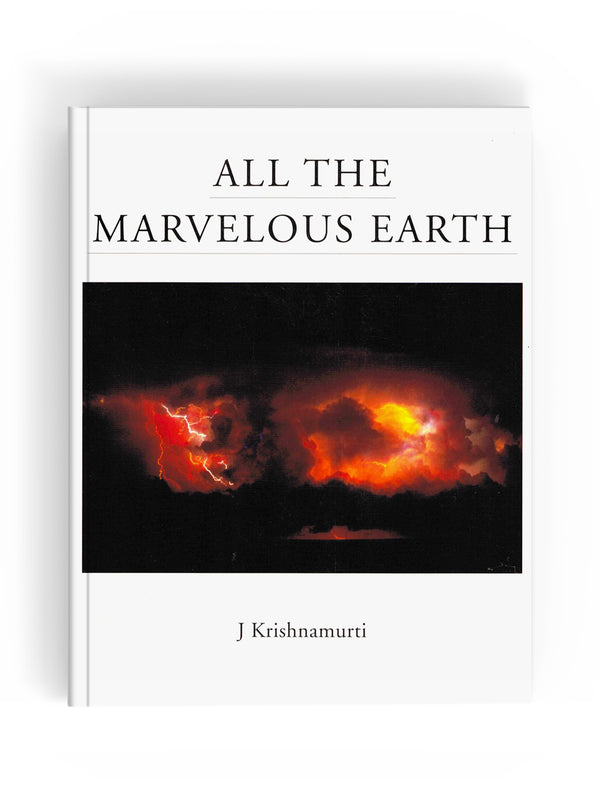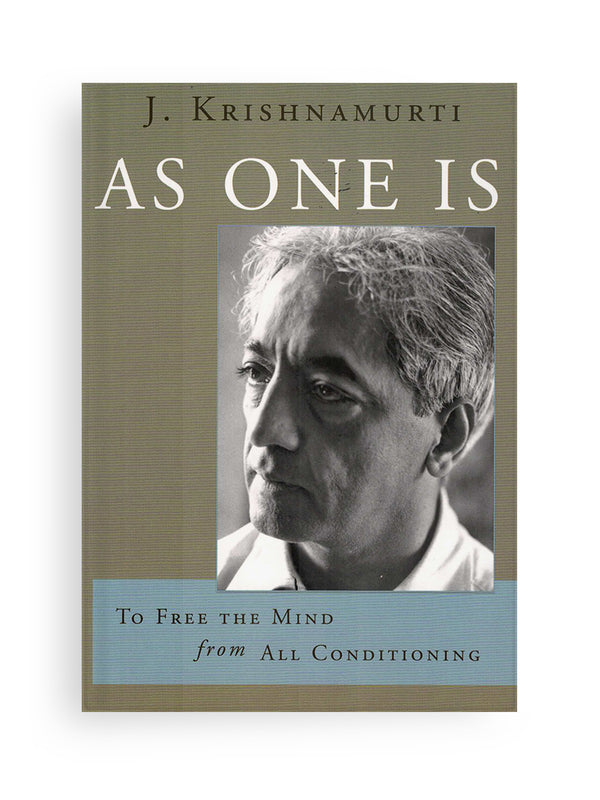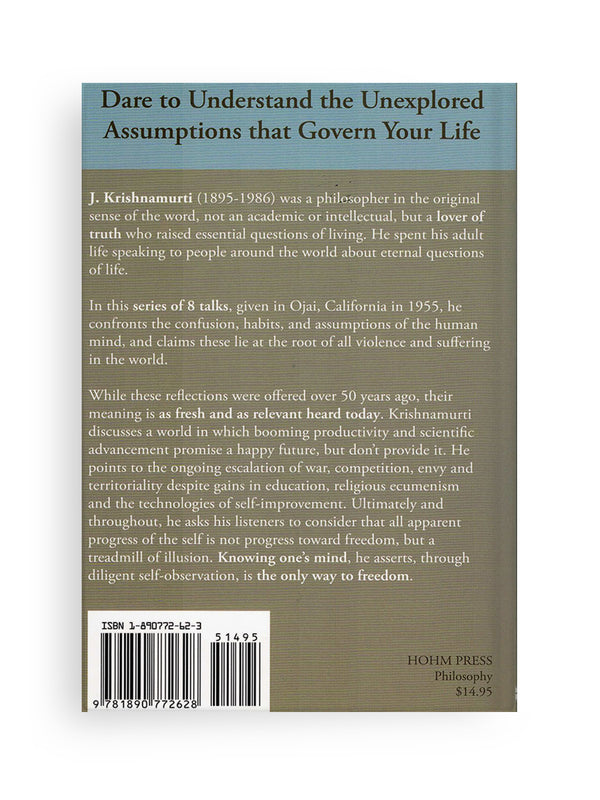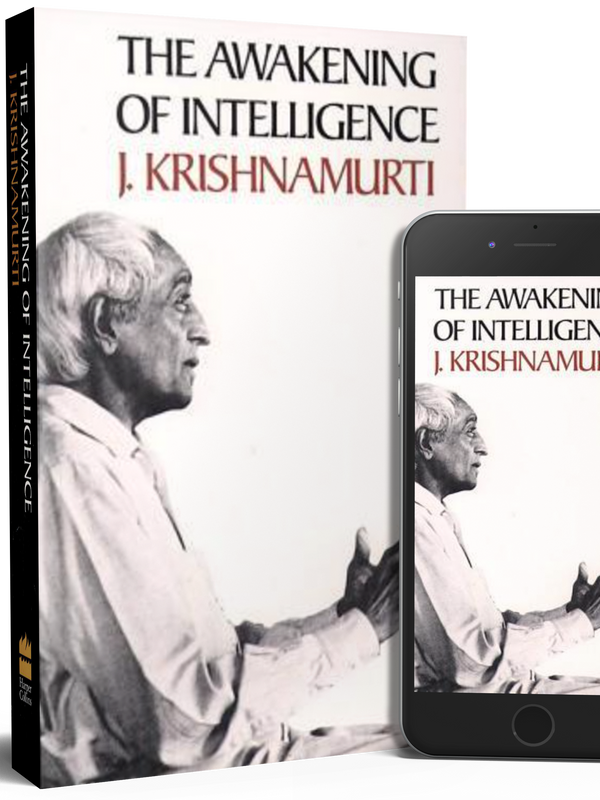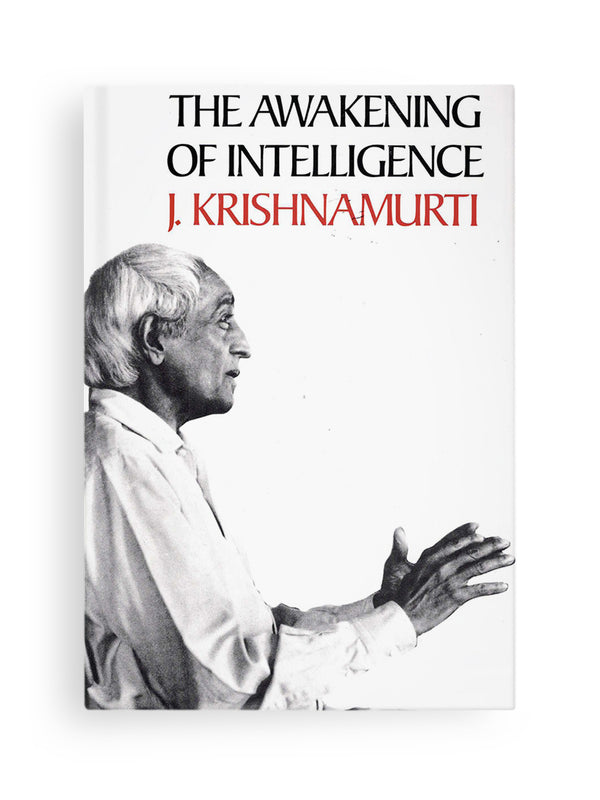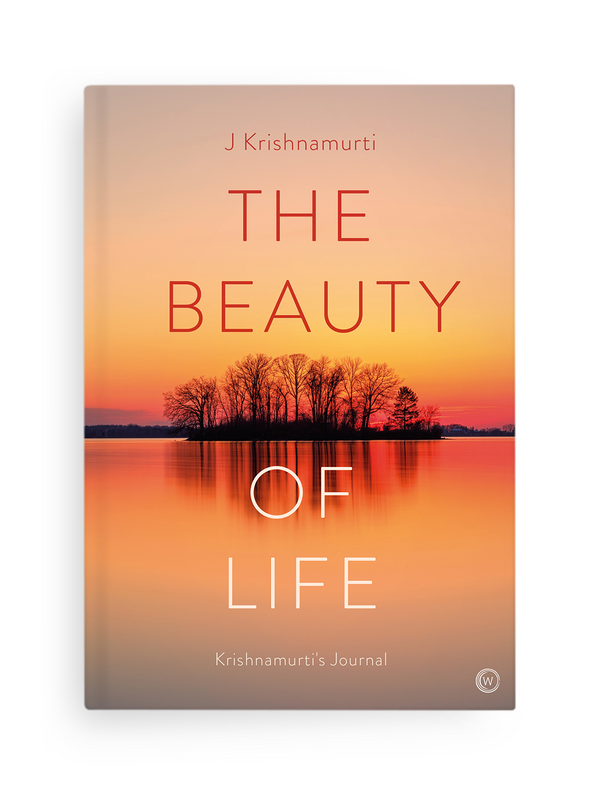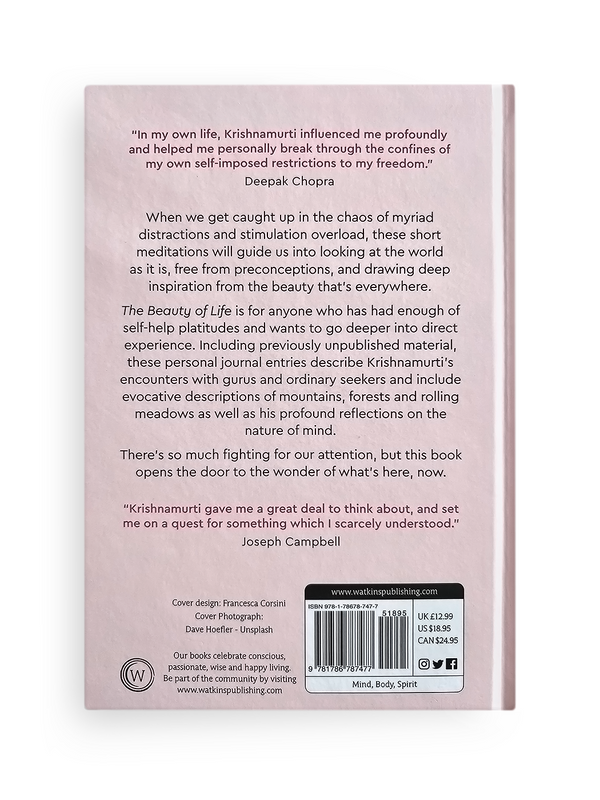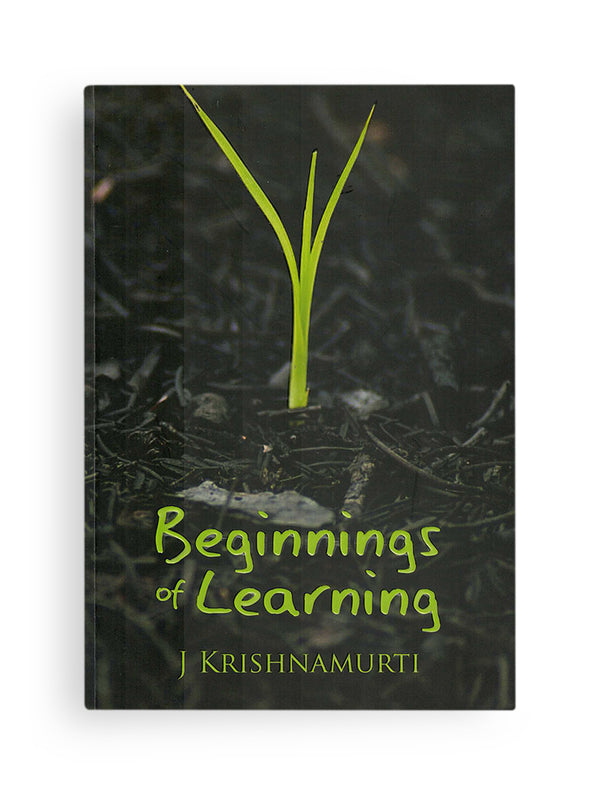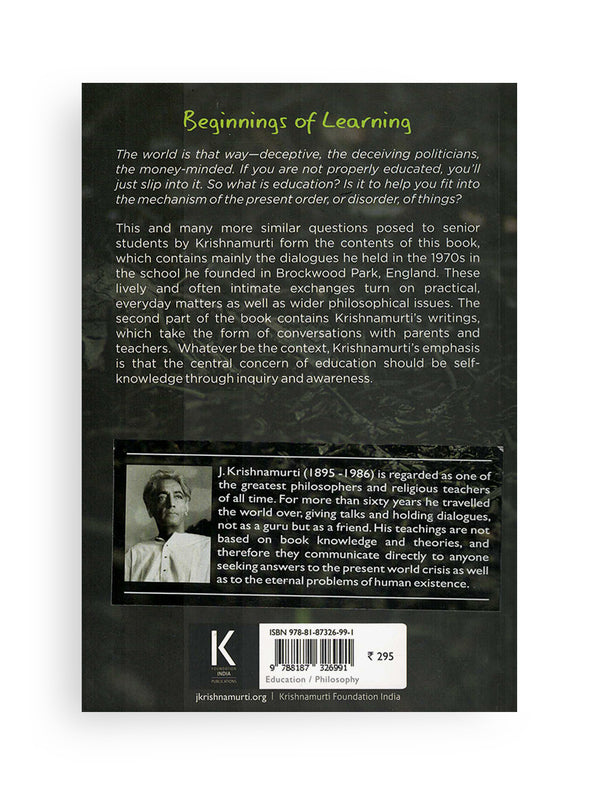The work of the influential 20th-century spiritual teacher Krishnamurti (1895–1986) is filled with paradoxes: don't follow gurus, this guru advised. Philosophy is an escape, said the man whom the Dalai Lama called one of the age's greatest philosophers. This compilation of lectures sounds again and again Krishnamurti's key themes: learn, and live, by direct experience, not by the received wisdom of texts and teachers. Throw away what was (the past) and what should be (the ideal) in order to perceive through direct observation what is occurring each day and in each experience. Look inside to learn how the mind works and thereby change the world. While Krishnamurti asserts "there is no path to truth," many 20th-century Eastern spiritual teachers followed Krishnamurti's path in popularizing mysticism and meditation in the West.
The origin of this book in lectures makes it repetitive at times, although those new to Krishnamurti may find that repetition helpful in clarifying themes. Krishnamurti's influence spread via his talks throughout the world, so the flavor of his oral teaching, in all its provocation, is preserved. Krishnamurti may be too abstract for some; this book will best suit those interested in the intersection of philosophy and Eastern spirituality.
Author: J. Krishnamurti
240 pp - Paper
Jiddu Krishnamurti lived from 1895 to 1986, and is regarded as one of the greatest philosophical and spiritual figures of the twentieth century. Krishnamurti claimed no allegiance to any caste, nationality or religion and was bound by no tradition. His purpose was to set humankind unconditionally free from the destructive limitations of conditioned mind. For nearly sixty years he traveled the world and spoke spontaneously to large audiences until the end of his life in 1986 at the age of ninety. He had no permanent home, but when not traveling, he often stayed in Ojai, California, Brockwood Park, England, and in Chennai, India. In his talks, he pointed out to people the need to transform themselves through self knowledge, by being aware of the subtleties of their thoughts and feelings in daily life, and how this movement can be observed through the mirror of relationship.

